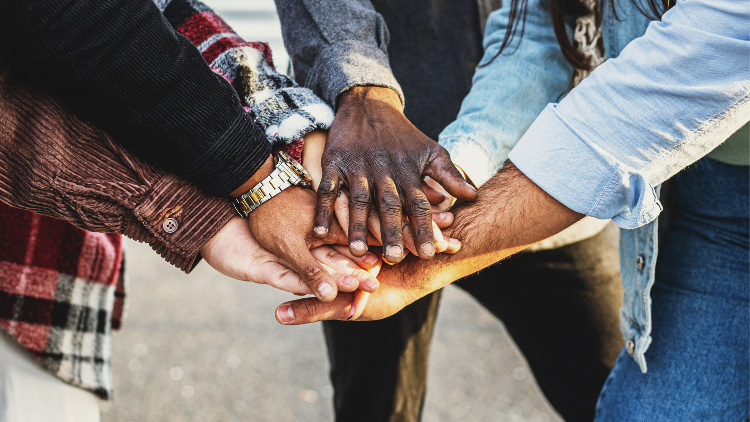Diversity
Cultural Diversity: Key to Sustainable Development in a Globalized World

The 17 goals of sustainable development, through a global compromise, understand that cultural diversity is a key element to accomplish inclusivity, equality and growth to be guaranteed within all dimensions of development. Therefore, to aim for highly developed liberal societies that enrich each other through its cultural diversity is to promote dialogues that focus on how the growing trends of global mobility need policies of integration and social cohesion. In the contemporary context, and with the rising numbers of different forms and types of migration, to explain cultural diversity to achieve development is to accept that cultural diversity are also transnational networks that add to the global capital of societies.
In this sense, the migration process and its implications of exchange of cultural factors go beyond language, religion or traditions, it also grows and converges to become an element of socioeconomic development. Therefore, global cities are to be emphasized to understand the benefits of cultural diversity as a source of transcultural capital. Then, to adopt and adapt to the new context of global mobility is to promote the mosaic of cultural diversity to add cohesion to new social and economic environments to achieve inclusive liberal systems that encourage development.
According to UNESCO, the cultural and creative sector is one of the most powerful engines of development worldwide, as it accounts for more than 48 million jobs globally. The potential of expanding, sharing and enriching cultural diversity has promoted a progressive chain of socioeconomic development, especially in the last decades with the growth of migratory trends and rapid technological advancements. However, it remains as a mostly underseen element of the global economy even nowadays.
Today, the rise and strengthening of an industry based on culture, knowledge and innovation is one more pillar of the exchange of products and services worldwide. Complex cultural heritages keep transforming to push cultural activities to be recognized for their significant economic value, becoming an element in itself for development. Then, the bet towards cultural diversity for strengthening economies should be stronger as a driver for social inclusion. In this sense, cultural diversity does not only mean the expression of different group identities and their interconnections, but it also implies economic opportunities for all.
Clearly, the diverse identities and communities through heterogeneity in today's global society are drivers to promote exchange and innovation to trace a route towards development. Within liberal societies, development also implies learning processes, positive interactions, integration and cooperation through mutual and continuous enrichment with a high capacity of adaptation. Therefore, to encourage dialogues on the importance of how cultural diversity is experienced in the day to day and through different dimensions is fundamental to create public policies that accept a wider agenda for everyone.
